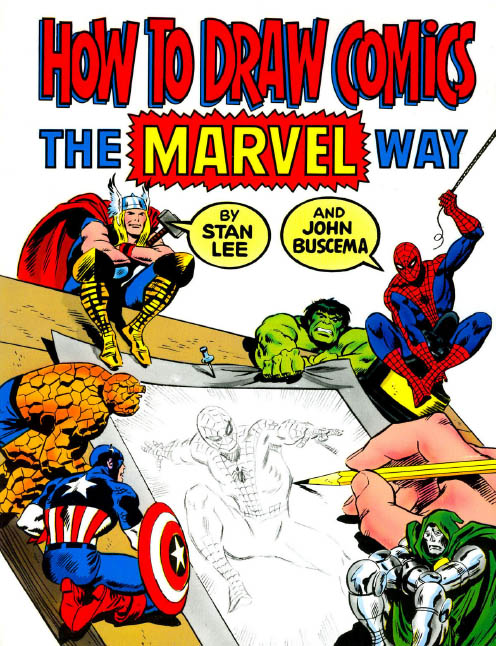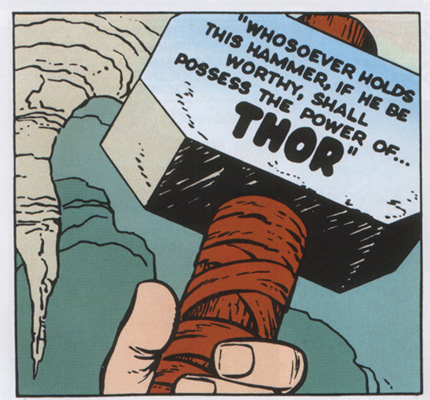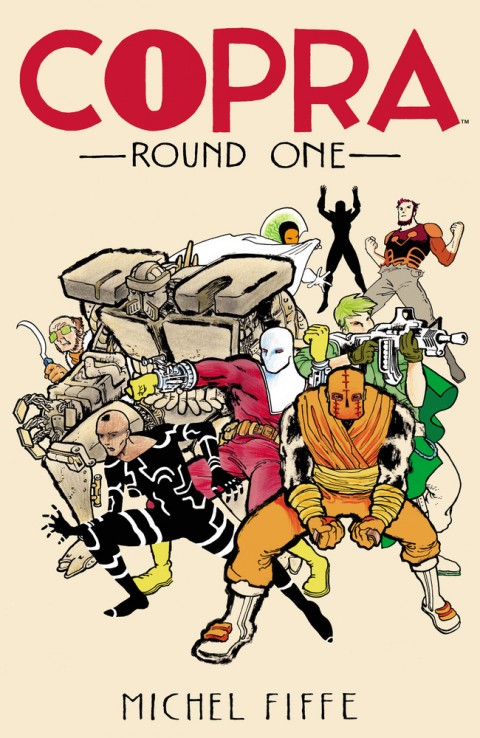When I was first reading comic books there wasn’t much talk about who wrote or drew a comic book. I’m sure that some people knew the artists and writers but mostly you just bought comic books because you liked the characters. If Wolverine or Batman were on the cover you simply bought the book.
That all changed with the rise of superstar artist. Guys like Jim Lee, Rob Liefeld and Todd McFarlane gained fame and notoriety the likes of which had never been seen before. Wizard Magazine started to publish a top 10 artists list so we could understand who the 10 hottest names in the business were in the early nineties.
But then in the late nineties we saw some neat new writers come on the scene: Geoff Johns, Warren Ellis, Garth Ennis, and Brian Michael Bendis reminded fans that writers also contribute to the success of a comic book. Wizard guide capitulated and started publishing a list of top 10 artists and a list of top 10 writers.
It seems though that a happy medium can be hard to find. I came across this statement from Skottie Young’s Twitter:
“It’s sad that there are more and more interviews with writers without mention of the artists on the books. It’s an odd shift lately.”
I wonder if the pendulum has swung too far the other way and now writers are seen as the creative drive, the superstar on a book. Writers are sometimes the main name listed on collected editions, and they are on a book longer (on average) than an artist.
The real answer is that comic books are an incredibly collaborative medium. In some cases the writer or artist might have a larger or smaller part in the creation of the idea, but both are integral to the telling of the story as a finished product.
Not everyone can draw. And not everyone can write. But weakness in one cannot be compensated fully in the other. A great artist can take a so-so story and make the book visually stunning, but in the end it is only an okay story. Conversely a great writer cannot tell the story that he or she intended if the artist can’t convey it on the page.
Not to mention the work of the inkers, colourists, letterers, and editors that is key for the completion of the book. I am not saying that certain jobs are do not have a larger contribution to the creation of a comic book, but rather that all roles are important. Artists are not some work-for-hire goons waiting for a blessed idea from a superstar writer, and writers are not hopeless word monkeys praying for a magical set of pencils to bring their opus to life.
Most writers and artists that I have meet respect each other and the work that they both contribute to the medium, but if as an industry we are holding one in higher status than the other I believe we need to re-examine our thinking.





I think the seed of the fame was there in the previous generation, Perez, Byrne etc, and it was again more on the artists. Largely it’s driven by just how much of a fan press there is. I’m sure Jim Aparo had his own fame status in the 70’s, but all you had by way of press were fanzines for the most part.
As to why writers are the stars now? Might be as you said, artists flip around too much or are unable to do really long runs either because of not meting deadlines or being shifted editorially.
In a lot of recent interviews I’ve been reading with the latest crop of big name artists and writers they all seem to mention how much they like working with each other. I have a feeling this new group, a group that recognizes they wouldn’t be anywhere without fans or collaborators, knows to give props which is nice to see.